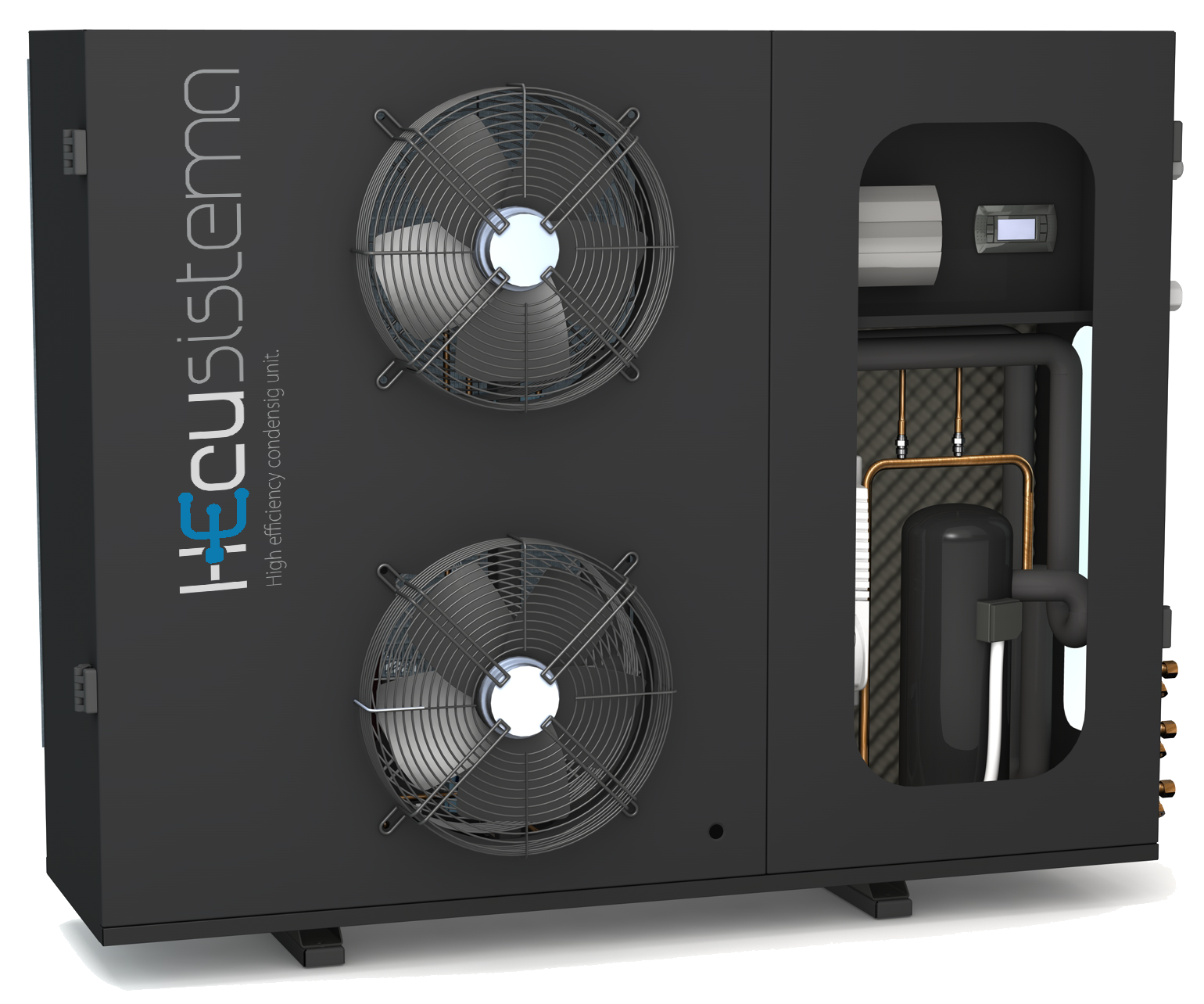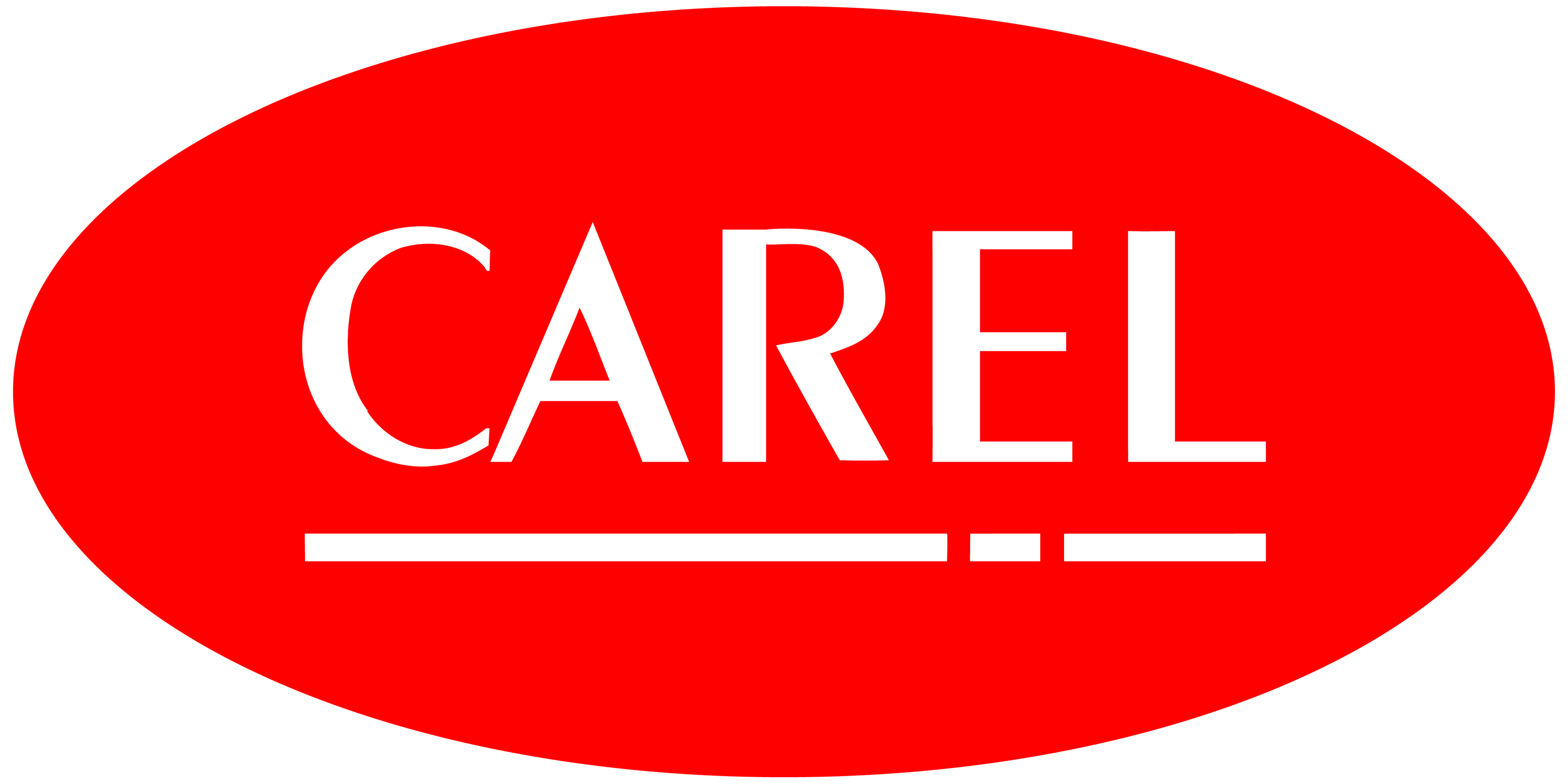Natural refrigerants

The effects of traditional refrigerants on the environment and their banning in some geographical areas has made it fundamental for CAREL to use low environmental impact natural refrigerants like propane (R290), carbon dioxide (R744) and ammonia (R717), sometimes in tandem with variable speed compressor technologies.
CAREL has focused on developing industrial and commercial refrigeration systems that can use natural refrigerants in each application niche served with its main compressor manufacturer partners in recent years.
Another area the group focuses on is that of solutions that use fewer synthetic refrigerants to decrease their cost and environmental impact. In fact, CAREL uses carbon dioxide (CO2) in its refrigerants.
Carbon dioxide is an economical refrigerant that is widely available and easily obtainable from hydrocarbon combustion. It is completely environmentally-friendly: it has an ODP of zero and a GWP of 1 and is used as a factor in assessments of GHG effects.
 In sustainability terms, the use of carbon dioxide is the most environmentally-friendly choice compared to any other HFC/HFO refrigerant. In addition, compared to other natural refrigerants, it is not inflammable like the hydrocarbons (e.g., R290), nor is it toxic (unlike NH3) but it is potentially less efficient. Thanks to the Kigali Agreement and the consequent steady elimination of the HFC/HFO gases, carbon dioxide will gradually become the standard refrigerant.
In sustainability terms, the use of carbon dioxide is the most environmentally-friendly choice compared to any other HFC/HFO refrigerant. In addition, compared to other natural refrigerants, it is not inflammable like the hydrocarbons (e.g., R290), nor is it toxic (unlike NH3) but it is potentially less efficient. Thanks to the Kigali Agreement and the consequent steady elimination of the HFC/HFO gases, carbon dioxide will gradually become the standard refrigerant.
Experience, know-how and innovation are the linchpins of CAREL’s solutions. Its control technology is characterised by reliability and efficiency for this type of system, especially in warmer climates where energy savings are affected by the low critical temperature (31°C).
CAREL offers comprehensive solutions for the optimal regulation of refrigeration applications that use CO2 as their refrigerant fluid. These innovative solutions can manage the system’s complexity due to pressure involved, climatic conditions and the required cooling capacity.
In 2020, the group extended its range of installations with natural refrigerants, partly to meet the strong demand from the South African, Australian and Asian markets. China in particular has growth potential, thanks to the success garnered by the first installations in 2018. With regard to this area, CAREL took part in a number of initiatives: the ATMOsphere event, as a presenter at the forum about natural refrigerants, held virtually; and the “Solutions portfolio for natural refrigerants” webinar, at which it took an in-depth look at high-efficiency solutions using natural refrigerants for all applications.
In 2022, CAREL continued extending its range of installations with natural refrigerants, partly to meet the strong demand from several markets.
 The Hecu system is CAREL’s high efficiency solution for condensing units in commercial refrigeration systems with a move towards natural refrigerants and integrating the management of DC inverter compressors for CO2 refrigerants. This system uses DC inverter compressors to provide effective modulation of the cooling capacity, thus allowing low energy consumption, especially in the case of part loads. The excellent performances that can be achieved with CO2 comply with the Eco-design Directive for energy performances and meet the limits set by the F-Gas Regulation for applications with condensing units.
The Hecu system is CAREL’s high efficiency solution for condensing units in commercial refrigeration systems with a move towards natural refrigerants and integrating the management of DC inverter compressors for CO2 refrigerants. This system uses DC inverter compressors to provide effective modulation of the cooling capacity, thus allowing low energy consumption, especially in the case of part loads. The excellent performances that can be achieved with CO2 comply with the Eco-design Directive for energy performances and meet the limits set by the F-Gas Regulation for applications with condensing units.
China Refrigeration has acknowledged Hecu CO2 as the Innovation Product 2019 in the Refrigeration category, recognising it as a cutting-edge solution for the efficient use of natural refrigerants and emphasising the potential of this system for widespread use in China.
CAREL’s commitment is shown by the progress made on its projects for refrigeration systems in the retail food sector which are steadily transitioning towards CO2 solutions and, especially, from the traditional technologies to the more efficient variable speed solutions. Installations with natural refrigerants are gaining popularity constantly throughout the world, mainly led by the trends in Europe, but with strong drivers in Japan, New Zealand, Australia and South Africa too. Over the last three years, CAREL has tripled the number of its CO2 projects using the DC inverter technology which guarantees high efficiency with the use of natural refrigerants as well.
